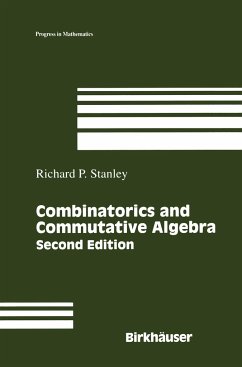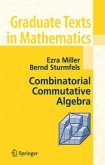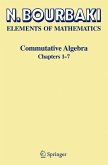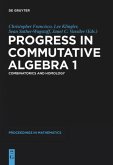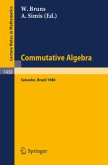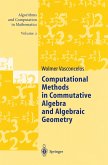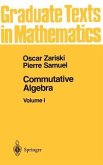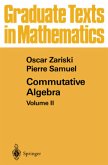Some remarkable connections between commutative algebra and combinatorics have been discovered in recent years. This book provides an overview of two of the main topics in this area. The first concerns the solutions of linear equations in nonnegative integers. Applications are given to the enumeration of integer stochastic matrices (or magic squares), the volume of polytopes, combinatorial reciprocity theorems, and related results. The second topic deals with the face ring of a simplicial complex, and includes a proof of the Upper Bound Conjecture for Spheres. An introductory chapter giving background information in algebra, combinatorics and topology broadens access to this material for non-specialists.
New to this edition is a chapter surveying more recent work related to face rings, focusing on applications to f-vectors.
New to this edition is a chapter surveying more recent work related to face rings, focusing on applications to f-vectors.

